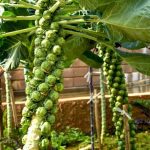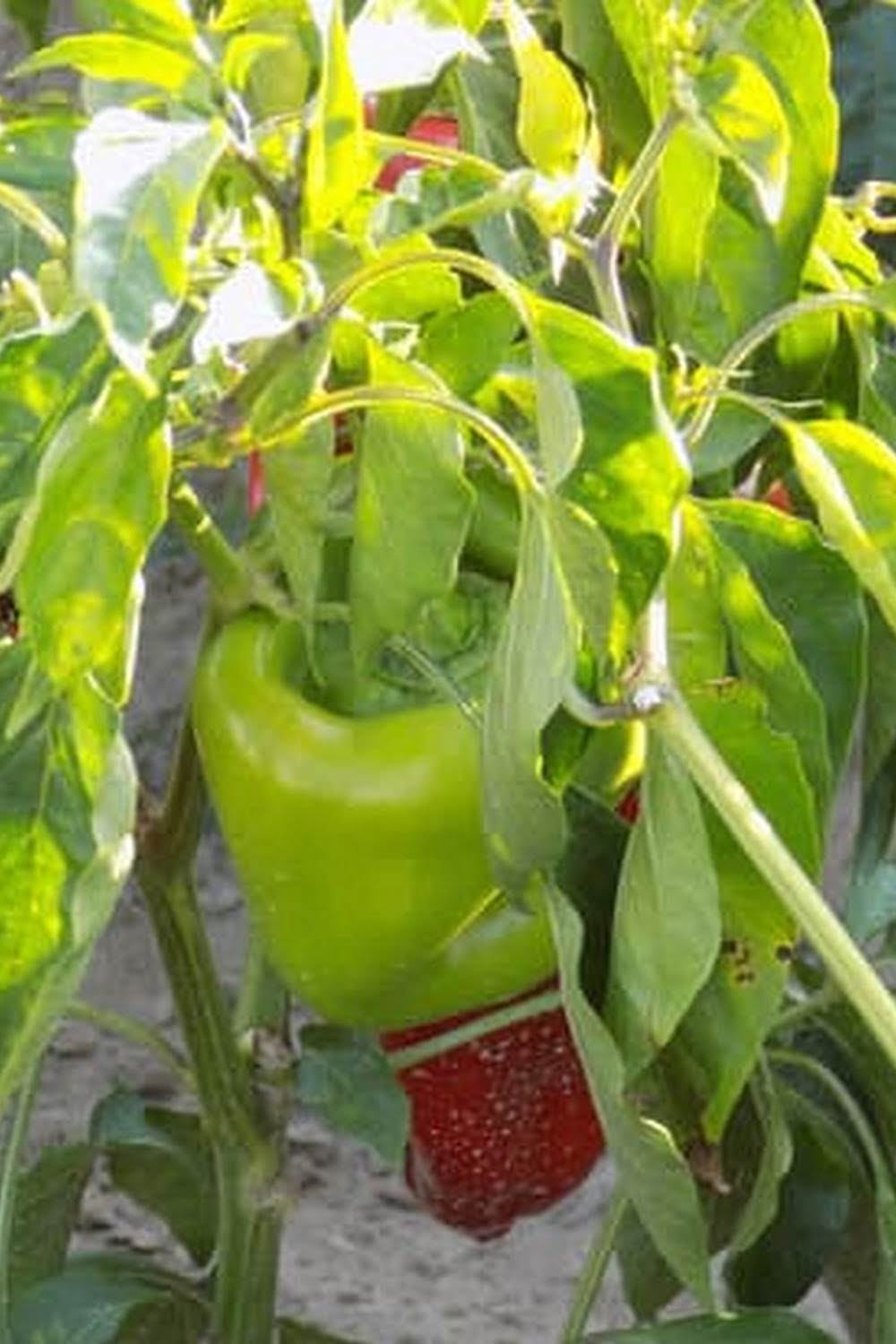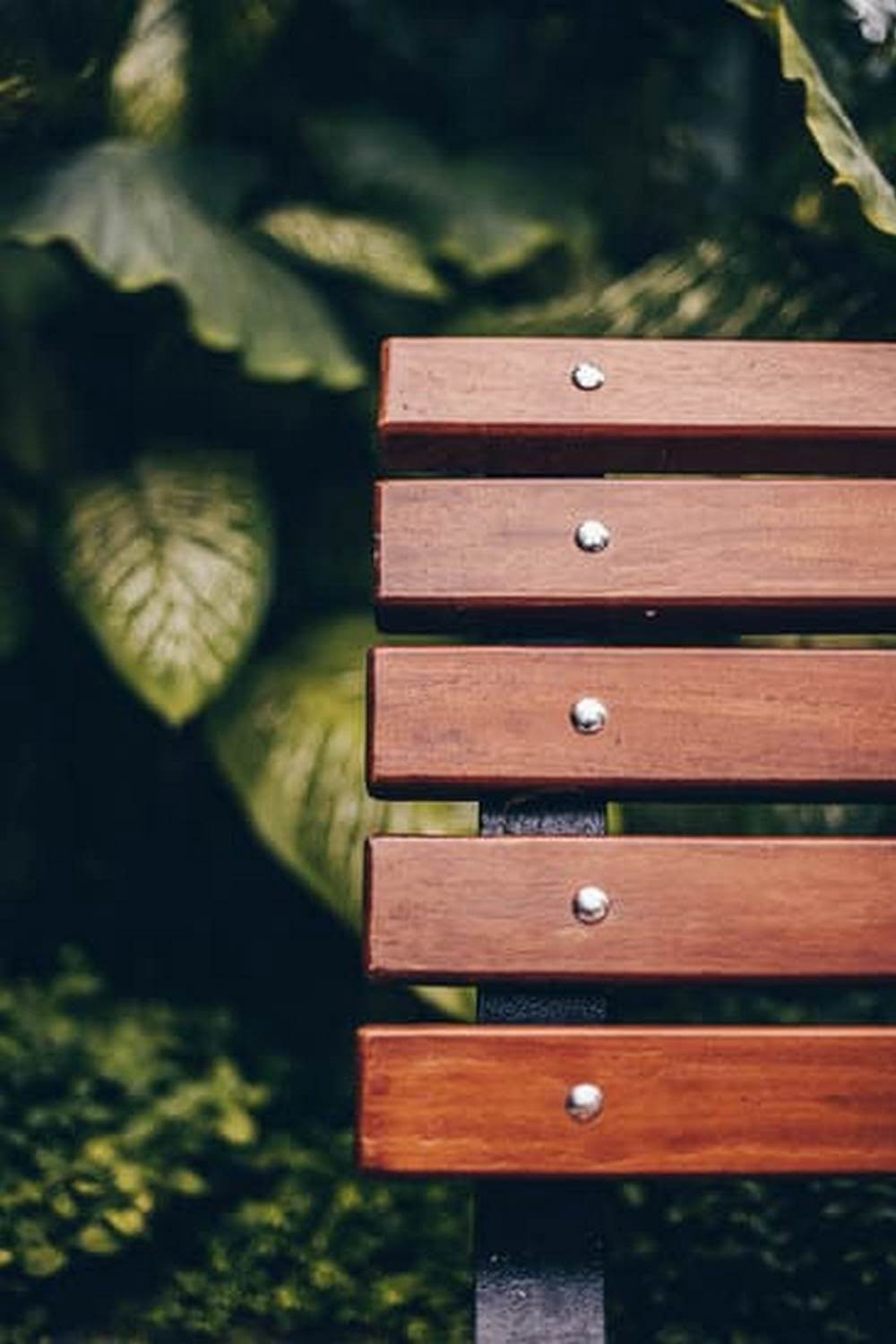Galvanized steel with zinc finish is a popular choice for constructing garden beds, but the question of its safety for vegetable gardens has been a topic of concern. When it comes to growing food, it’s crucial to use materials that are not only durable and practical but also safe for plants and, ultimately, consumption.
In this article, we will explore the process of galvanization and why zinc finish is commonly used on steel materials in gardening. Additionally, we will discuss the potential concerns and safety standards associated with using galvanized steel in vegetable gardens.
Galvanization is the process of applying a protective zinc coating to steel or iron to prevent rusting and corrosion. This method is widely used in various industries, including agriculture and construction.
The use of zinc finish on galvanized steel offers excellent protection against environmental factors such as moisture and soil acidity, making it an attractive option for garden bed construction. However, the interaction between zinc-coated steel and soil in vegetable gardens raises questions about its impact on plant growth and food safety.
As gardeners, ensuring the safety of our plants and vegetables is paramount. The possibility of zinc leaching into the soil and potentially being absorbed by plants raises concerns about its effects on plant health as well as human consumption.
In this article, we will delve into studies and research on the effects of zinc on plants in order to provide a comprehensive understanding of its implications for vegetable gardens – ultimately aiding gardeners in making informed decisions about the materials they choose for their garden beds.
What Is Galvanized Steel With Zinc Finish
Galvanized steel with a zinc finish is a popular choice for various outdoor applications, including vegetable gardens. This type of steel undergoes a process called galvanization, where it is coated with a layer of zinc to protect it from corrosion and rust. During this process, the steel is dipped in molten zinc, creating a bonded alloy coating that provides long-lasting protection against the elements.
The benefits of using zinc finish for steel materials are numerous. The protective coating acts as a barrier, preventing moisture, oxygen, and other elements from coming into contact with the underlying steel.
This significantly extends the lifespan of the steel, making it an attractive option for outdoor use where exposure to weather and soil is inevitable. In addition to its durability, galvanized steel with zinc finish requires minimal maintenance, making it an appealing choice for gardeners looking for long-term solutions for their vegetable beds.
Furthermore, the use of galvanized steel with zinc finish in vegetable gardens aligns with the importance of utilizing safe materials in these settings. The durability and resistance to corrosion make this material an excellent option for constructing raised garden beds or other gardening structures that will come into direct contact with the soil.
Despite some concerns about potential risks associated with using galvanized materials in vegetable gardens, when properly maintained and prepared according to best practices, galvanized steel can provide a safe and effective solution for gardening needs. Therefore, understanding how galvanized steel with zinc finish works and its benefits can help gardeners make informed decisions about incorporating it into their planting areas.
Concerns About Using Galvanized Steel in Vegetable Gardens
Potential Risks of Using Galvanized Steel in Contact With Soil
There are concerns about the use of galvanized steel in vegetable gardens due to the potential risks of zinc leaching into the soil. When galvanized steel comes into contact with moisture, especially acidic or alkaline soil, there is a possibility of zinc being released from the material. High levels of zinc in the soil can be harmful to plant growth and may eventually affect the safety of consuming the vegetables grown in that soil.
Effects of Zinc on Plants and Vegetables
Studies and research have shown that elevated levels of zinc in the soil can lead to phytotoxicity, causing growth inhibition and reduced nutrient uptake in plants. While some plants may be more tolerant to zinc than others, it is important to consider the potential impact on vegetable crops that are intended for consumption. Additionally, there is concern about the accumulation of zinc in edible parts of vegetables, posing a potential health risk to those who consume them.
Precautionary Measures for Safe Use
To address these concerns, gardeners should take precautionary measures when using galvanized steel in their vegetable gardens. This can include lining the interior sides of raised beds with a barrier such as heavy-duty plastic or using a non-galvanized alternative for direct contact with soil. Additionally, regularly monitoring soil pH levels and conducting tests for zinc concentration can help mitigate any potential risks associated with using galvanized steel in vegetable gardens.
Safety of Galvanized Steel With Zinc Finish for Vegetable Gardens
Galvanized steel with a zinc finish is a popular choice for constructing vegetable garden beds due to its durability and resistance to corrosion. The process of galvanization involves coating steel with a layer of zinc, which provides an extra layer of protection against the elements, prolonging the lifespan of the material.
However, there have been concerns raised about the safety of using galvanized steel in contact with soil and plants in vegetable gardens. It is essential to examine the potential risks and safety standards associated with using galvanized steel for this purpose.
Studies have shown that zinc from galvanized materials can leach into the soil, potentially impacting plant growth and development. While zinc is an essential micronutrient for plants, excessive amounts can be harmful.
Research on the effects of zinc on vegetables has indicated that elevated levels of this metal can lead to decreased nutrient uptake and impaired growth. Furthermore, there are concerns about the potential transfer of zinc from the soil into the edible parts of vegetables, raising questions about food safety.
In response to these concerns, regulatory agencies have established safety standards and guidelines for using galvanized steel in garden settings. The Environmental Protection Agency (EPA) has set limits on acceptable levels of zinc in soils, ensuring that they do not pose a threat to plant health or human consumption.
Additionally, organizations such as the National Organic Program (NOP) provide recommendations for utilizing materials that comply with organic standards when growing vegetables. These regulations aim to safeguard both plant health and food safety in vegetable gardens where galvanized steel is used.
| Concerns | Safety Standards |
|---|---|
| Potential risks of zinc leaching into soil | EPA limits on acceptable levels of zinc in soils |
| Impact on plant growth and nutrient uptake | NOP recommendations for materials in organic gardening |
Alternatives to Galvanized Steel for Vegetable Gardens
When considering materials for constructing vegetable gardens, it is important to explore alternatives to galvanized steel, especially for those who have concerns about potential risks associated with zinc finish. While galvanized steel with zinc finish has its advantages, some individuals may prefer to use alternative materials that are deemed safer for their vegetable gardens.
Wood
One common and natural alternative to using galvanized steel in vegetable gardens is the use of wood. Treated lumber, such as cedar or redwood, can provide a sturdy and long-lasting option for constructing garden beds. These types of wood are naturally resistant to decay and can withstand the moisture and soil contact in a garden setting. Additionally, untreated wood can also be used, although it may not last as long as treated lumber due to its vulnerability to rot.
Stainless Steel
Stainless steel is another alternative material that is known for its durability and resistance to corrosion. It is a popular choice for gardeners who want a long-lasting and low-maintenance option for their garden beds. While stainless steel may be more expensive than galvanized steel or wood, it does not pose the same concerns about zinc leaching into the soil.
Other Options
There are several other materials that can be considered as alternatives to galvanized steel for vegetable gardens, including plastic, concrete blocks, and stone. Each of these materials has its own unique characteristics and benefits, so it’s important to weigh the pros and cons of each when deciding on the best option for your specific gardening needs. Ultimately, choosing an alternative material will depend on factors such as budget, aesthetic preference, and desired longevity of the garden bed.
Best Practices for Using Galvanized Steel in Vegetable Gardens
Galvanized steel with a zinc finish is a popular choice for garden bed construction due to its durability and resistance to corrosion. However, when using galvanized steel in vegetable gardens, it’s essential to take certain precautions to ensure the safety of both the plants and the people consuming them. Here are some best practices for using galvanized steel in vegetable gardens:
1. Use a barrier: To minimize the risk of zinc leaching into the soil, it’s recommended to use a barrier between the galvanized steel and the soil. Options include lining the inside of the garden bed with heavy-duty plastic or using a non-woven geotextile fabric to create a protective layer.
2. Avoid acidic soil conditions: Zinc is more likely to leach from galvanized steel in acidic soil conditions. Test your soil’s pH level and make adjustments if necessary to maintain a neutral or slightly alkaline environment for your plants.
3. Regular maintenance: Inspect your galvanized steel garden beds regularly for any signs of deterioration or corrosion. If you notice any damage, take prompt action to repair or replace affected parts to prevent potential exposure to zinc.
By following these best practices, you can minimize the potential risks associated with using galvanized steel in your vegetable garden and enjoy its benefits as a durable and long-lasting material for raised beds. Always prioritize safety when choosing materials for your garden to ensure healthy plant growth and safe consumption of homegrown produce.
Case Studies and Real-Life Examples
Galvanized steel with zinc finish is often a popular choice for constructing vegetable garden beds, as it provides durability and resistance to corrosion. Despite its advantages, there have been concerns raised about the safety of using galvanized steel in close contact with soil and plants. However, there are numerous case studies and real-life examples that demonstrate the successful and safe use of galvanized steel in vegetable gardens.
One example comes from a community garden project in which galvanized steel raised beds were used to grow various types of vegetables. The gardeners reported that the galvanized steel beds held up well over time and did not exhibit any signs of toxicity on the plants. In fact, they found that the zinc coating helped to protect the steel from rusting, extending the lifespan of the garden beds.
Another case study involves a family-owned farm that utilized galvanized steel structures for their greenhouse operations. The farm conducted soil tests and plant analyses to ensure that there were no adverse effects from the presence of zinc in the soil. The results showed that the zinc levels were within safe limits and did not pose any risks to their vegetable crops.
These real-life examples highlight that when galvanized steel with zinc finish is properly maintained and used according to safety guidelines, it can be a suitable and reliable material for vegetable gardens. By following best practices and regulations for using galvanized materials in garden settings, growers can minimize potential risks and enjoy the benefits of these durable structures.
| Case Studies | Real-Life Examples |
|---|---|
| Community garden project | Successful use of galvanized raised beds for growing vegetables |
| Family-owned farm | Zinc level tests showing safe limits for vegetable crops |
Conclusion
In conclusion, the use of galvanized steel with zinc finish in vegetable gardens is a topic that raises concerns about potential risks to plant and soil health. While galvanization provides benefits such as corrosion resistance and durability, there are legitimate worries about the leaching of zinc into the soil and its potential impact on edible plants.
However, it is important to note that there are safety standards and regulations in place to ensure that materials used in food production, including vegetable gardens, meet certain criteria for human and environmental health.
It is crucial for gardeners to consider alternative materials for constructing garden beds, such as untreated wood or stainless steel, if they have reservations about using galvanized steel. These alternatives offer peace of mind and eliminate any potential risks associated with zinc exposure to plants. Additionally, proper maintenance and handling of galvanized steel can help minimize any negative effects on the garden environment.
Ultimately, while there are concerns about the safety of galvanized steel with zinc finish in vegetable gardens, it is possible to use these materials responsibly and safely. Through careful consideration of the potential risks and adherence to best practices for using galvanized steel in garden settings, gardeners can make informed decisions about their choice of construction materials without compromising the health and safety of their produce.
Frequently Asked Questions
Is Galvanized Steel Toxic for Vegetable Garden?
Galvanized steel can potentially release toxins into the soil, particularly when exposed to moisture and acids like those found in a vegetable garden. These toxins may be taken up by the plants and end up in the food that is harvested. It’s generally best to avoid using galvanized steel in direct contact with the soil for a vegetable garden.
Is Powder Coated Steel Safe for Vegetable Garden?
Powder coated steel is generally considered safe for use in a vegetable garden. The powder coating creates a barrier that helps prevent the leaching of metals and toxins into the soil. This makes it a better option than galvanized steel for raised beds or other structures in a vegetable garden.
What Is the Safest Material for Raised Garden Beds?
The safest material for raised garden beds is often considered to be untreated natural wood, such as cedar or redwood, which are naturally resistant to rot and insects. These types of wood are less likely to leach harmful chemicals into the soil compared to pressure-treated wood or other materials like plastic or metal.
Additionally, using untreated natural wood aligns with organic gardening practices since it avoids the use of potentially harmful chemicals around edible plants.

If you’re looking to get into vegetable gardening, or are just looking for some tips on how to make your current garden better, then you’ve come to the right place! My name is Ethel and I have been gardening for years. In this blog, I’m going to share with you some of my best tips on how to create a successful vegetable garden.





